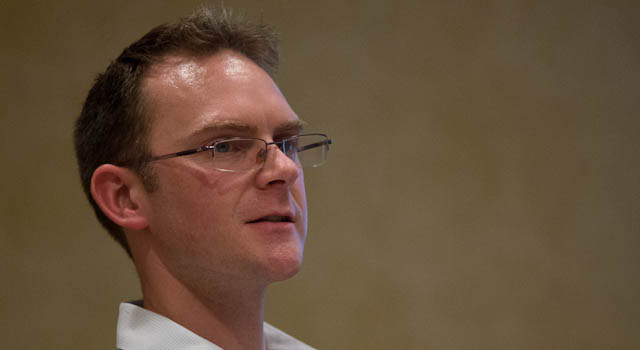
The bulk of South African consumers continue to watch television as and when it’s broadcast, but there is growing demand not only for on-demand content but also for the ability to consume it anywhere.
Also, a growing number of consumers worldwide are using their phones or tablets while watching TV, something that brands and broadcasters alike ought to leverage.
These are just some of the findings of a report entitled “The Rise of the TV Everywhere Audience”, which was commissioned by Discovery Networks. The report, compiled by Future Foundation, surveyed consumers in 10 markets, including Bulgaria, Poland, Russia, South Africa and the United Arab Emirates.
Discovery Networks regional communications director John Bennett says the average South African watches 4,5 hours of TV a day. He says there is a propensity for “multi-screen living” and that there is “an appetite for services linked to this”. Youngsters are the main drivers of on-demand uptake and are the most likely to use multiple screens while consuming content.
South Africa is, however, far behind many other countries when it comes to consuming video content online. With the exception of South African and Hungarian respondents, the bulk of the survey’s respondents said they had watched TV through an online device in the past six months.
Bennett says there are opportunities for TV brands to engage users who want to access additional information about the content they’re watching, and potentially suggest other content to them. Similarly, there’s room for greater integration of social media, particularly peer reviews or suggestions to drive consumers to new content and provide targeted suggestions or tie-ins.
Rather than reducing TV consumption, the report shows that across all of the regions surveyed, most people are consuming more content, despite having Internet access and other devices vying for their attention.
Chris Botha, group MD at The Media Shop, says he thinks TV is gradually heading back to where it started. “TV started with the soap operas, which were created by soap companies as advertising tools. We’re seeing that again with product placement.”
Botha says advertisers may eventually become the owners of content. “Look at American Idol in the US, which is basically owned by Coca-Cola, and X Factor, which is essentially owned by Pepsi.”
This may, however, create problems for smaller advertisers that don’t have the budget, or the stomach, for the large-scale campaigns this approach may require, he says. — (c) 2012 NewsCentral Media




